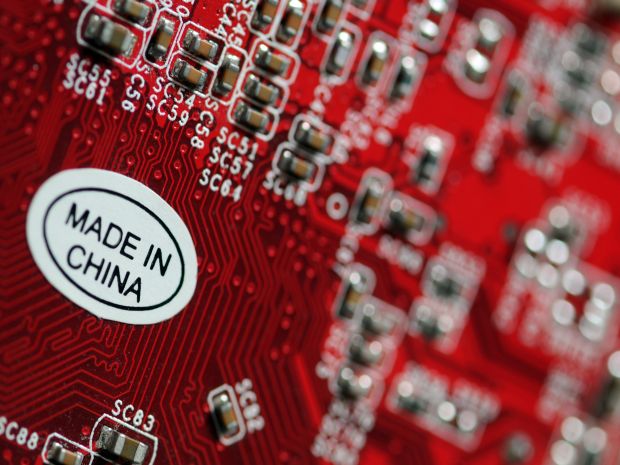China not ready for local-only rule for IT

The Chinese government is encouraging more locally developed high-tech equipment but it will unlikely force a companies to adopt only homegrown technology, says researcher.

In January, China launched its first high-end server, Tiansuo K1. A Xinhua report said the server was developed by Shangdong-based Inspur Group and took four years of research and development (R&D) at a cost of 750 million yuan (about US$120 million). The high-end server is the result of a push by China's 863 program or State High-Tech Development Plan which aims to create domestic alternatives to foreign technology vendors. Another result of the program was the Godson-3B1500 by Loongson Technology.
Speaking to ZDNet, Beijing-based Gartner principal analyst Uko Tian, said the Chinese government has been encouraging local companies to develop high-tech products. However, Tian did not think that China will follow in India's footsteps and curb the use of imported IT products.
She noted the Chinese government will not be able to force local companies to use only China-developed products if the goods are not able to compete against foreign technology in technical performance.
However, Tian noted a demand from large enterprises in the country for locally developed products. She said large Chinese companies were growing very fast and needed the technology to ensure the reliability and scalability of business.
Local companies want choice and the high-end server market is currently served by three U.S. firms, Hewlett-Packard, IBM and Oracle, she said. With the entrance of Tiansuo K1, local businesses will have more choices and can look for better prices due to the competition between the tech companies, she added.
Foreign tech security concern not valid
In the Xinhua report on the launch of Tiansuo K1, Yang Xianwu, deputy director of high and new technology department at China's Ministry of Science and Technology, said prior to K1, the country had been reliant on foreign technology which not only increased cost but also brought data security risks.
However, Gartner's Tian said data security risks from adopting foreign technology are not a high possibility. She noted such concern was mostly a "political issue" and pointed to how Chinese networking equipment companies are clamped down overseas due to alleged security risks.
Hewlett-Packard, one of the major suppliers of high-end servers, dismissed data security concerns. Nick Yang, general manager for business critical systems at China Hewlett-Packard, said the company ensures that its products "meets or exceeds the security requirements" of all its clients.
Yang also pointed out to China HP's work in the country. "China HP was the first-ever Sino-American high-tech joint venture in China when it was founded in 1985 and China remains an important market for HP," he said.
"Over the years, HP has had a strong focus on innovating in China for China," he said. He said HP now has more than 3,000 pending and granted Chinese patents while 7 percent of HP staff in China is dedicated to research and development.
"HP will continue to uphold a strong history of innovation and cooperation with its mission-critical clients in China," Yang said.
The executive added that Inspur's entrance into the market meant that the demand for high-end servers is healthy and growing in China. Thus it will continue to invest in China and will remain committed to the market, he said.